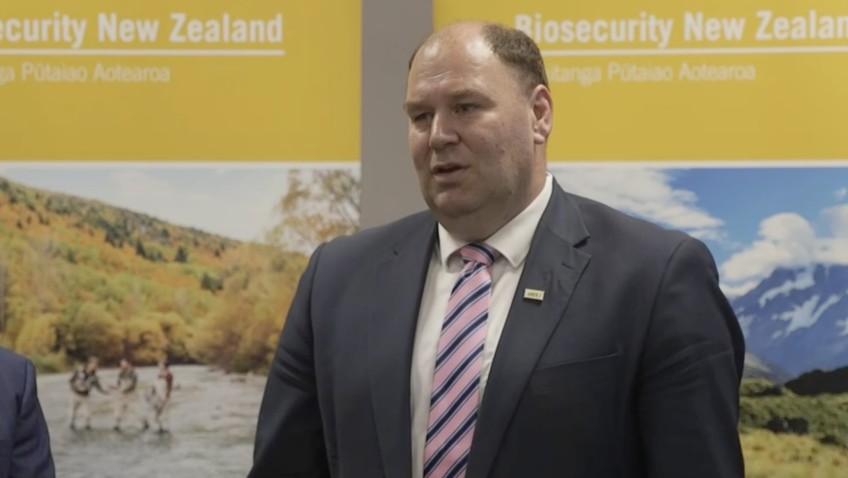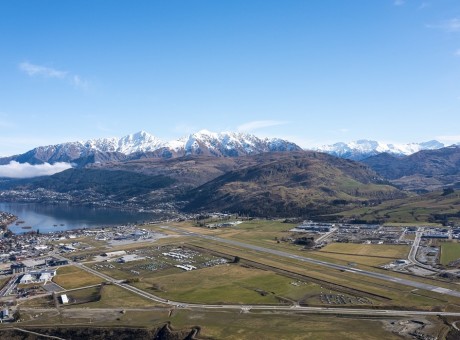'Not out of the woods yet': Biosecurity Minister

Biosecurity Minister Andrew Hoggard says good progress is being made in the response to the detection of high pathogenicity avian influenza (HPAI) in Otago, but there is more work to do.
“Rigorous testing and monitoring continue to show no confirmed signs of the disease in chicken farms outside of Mainland Poultry’s Hillgrove egg farm in Otago,” Mr Hoggard says.
“More than 100 staff across MPI, including frontline biosecurity, trade and market access, veterinarians, scientists, and food safety staff, are contributing to the response, with that number increasing daily. Work will continue, as we keep investigating, tracing, and testing.
"I want to thank the egg farmers in Otago it's a tough time for them and their staff.
“We are not out of the woods yet. This disease has an incubation period, which is usually three to 14 days, but can be up to 21 days, but we'll continue to chase down any issues.”
Earlier today a small free-range egg laying farm in Dunedin was given the all-clear after tests for the disease were negative, despite death of 6000 birds there. Biosecurity NZ believes those deaths were the result of a pre-existing New Zealand bird disease.
Biosecurity New Zealand reminded people the risk to human health remains low, and there are no concerns for food safety or wildlife.
"Avian influenza viruses are killed by cooking, so it remains safe to eat thoroughly cooked egg and poultry products,” Biosecurity NZ deputy director-general Stuart Anderson says.
"Raw eggs have always been considered a high-risk food. Our advice remains not to consume or serve raw eggs, especially to those with low or compromised immune systems, as the eggs may contain harmful pathogens.”
The Otago outbreak is not the HPAI H5N1 strain that has caused deaths in poultry, wild birds, and mammals in the northern Hemisphere. New Zealand remains free of HPAI H5N1.
Unlike many biosecurity threats, H5N1 is not expected to be brought to New Zealand by human activity, but by migratory wild birds. The Ministry of Primary Industries says for this reason, it is not likely that it could be kept out of New Zealand over the long-term or eradicated once it establishes in the wild bird population.
Main image: Minister Andrew Hoggard at a media briefing earlier this week.
























